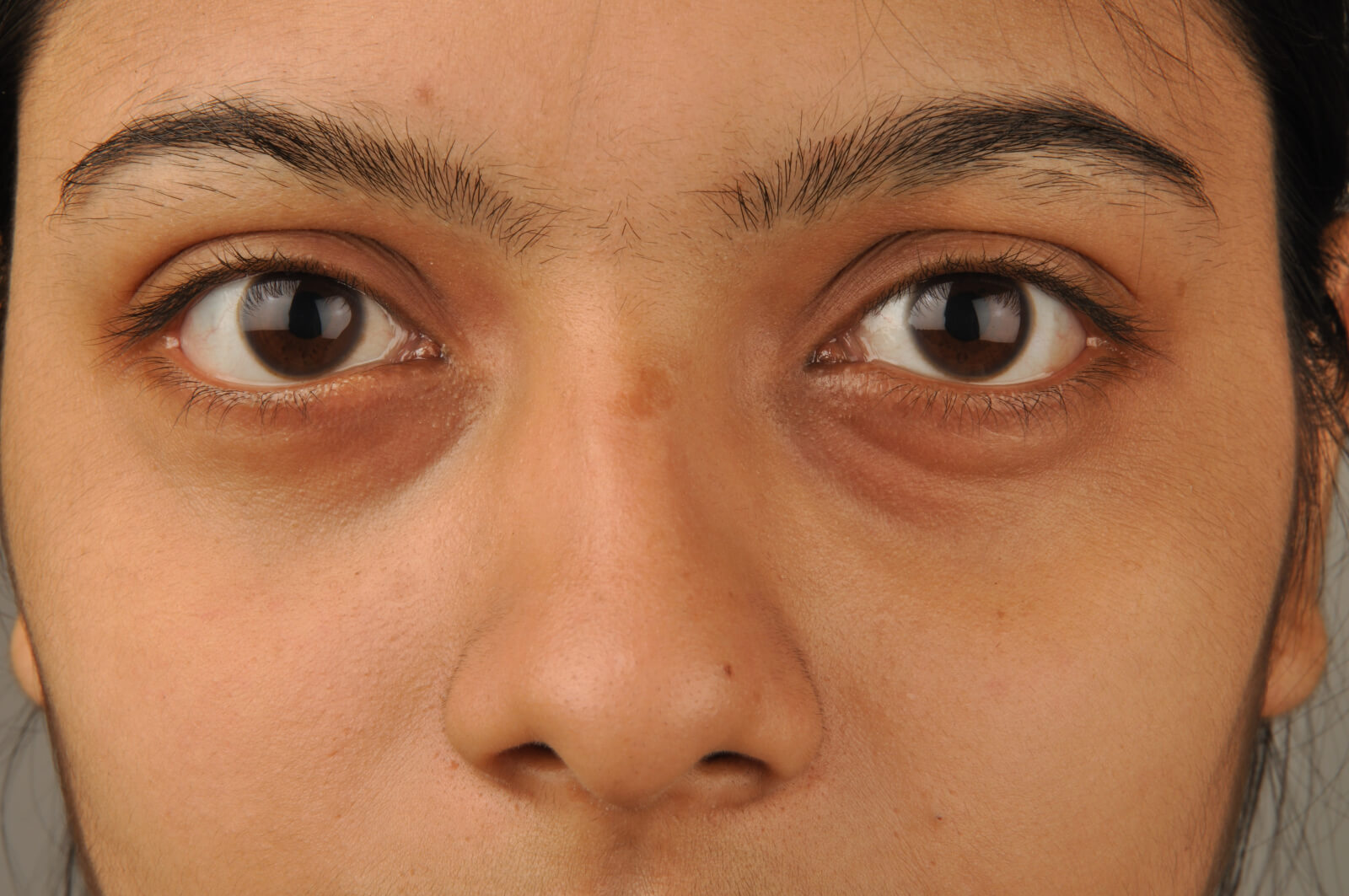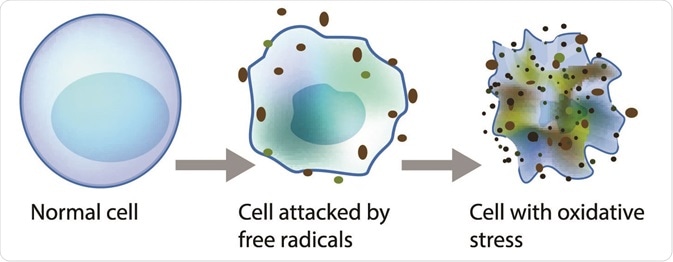When we talk about keeping our skin healthy, there are many processes happening on a microscopic level, yet it's not something we can see just by looking in the mirror (unless you're a pro). This involves a topic I want to discuss that involves your barrier health, collagen, inflammation a cellular aging called "lipid peroxidation". I hope you're catching on to the theme hear from these last few posts...
Lipid Peroxidation Explained
Lipid peroxidation is a process that occurs at a cellular level, significantly impacting the health and appearance of our skin. It involves the oxidative degradation of lipids, which are crucial components of our cell membranes, including those of skin cells. Essential cellular lipids, such as phosphatidylcholine and vitamin E, play pivotal roles in maintaining the skin's integrity, hydration, and protection against environmental stressors.
Lipid peroxidation occurs when these protective walls are bombarded by reactive oxygen species (ROS). ROS are unstable molecules generated by environmental stressors like UV radiation, pollution, and even the oxygen we breathe. They seek stability by stealing electrons from the lipids in cell membranes, leading to a chain reaction of damage. This process not only weakens the cell's defenses but also alters its structure and function, accelerating the skin's aging process and contributing to various skin conditions.
When lipid peroxidation occurs, it leads to the destruction of these essential lipids, such as phosphatidylcholine and vitamin E. This oxidative stress includes:
- Compromised Skin Barrier: The degradation of phosphatidylcholine affects the skin's ability to retain moisture, leading to dryness, sensitivity, and an increased risk of irritation and infections.
- Loss of Elasticity: Damage to the lipid components of the skin can result in a loss of elasticity, contributing to the formation of wrinkles and fine lines.
- Inflammation: Lipid peroxidation can induce inflammatory responses, potentially leading to skin conditions such as acne, dermatitis, eczema, and psoriasis.
- Pigmentation: Damage to the lipid components of the skin can result in a sallow and tired appearance, slow to heal.
- Accelerated Aging: The oxidative stress from lipid peroxidation accelerates the skin aging process, manifesting as premature aging signs like wrinkles, dullness, and uneven skin tone.

Skincare and Nutritional Allies
Preventing lipid peroxidation is essential for maintaining healthy skin. Antioxidants play a crucial role in this process by neutralizing free radicals and thus protecting the skin's lipids from oxidative damage. Incorporating skincare products rich in antioxidants, such as vitamin E, vitamin C, and other phytochemicals, can help safeguard the skin against lipid peroxidation and its deleterious effects..
Skincare Heroes:
-
Superoxide Dismutase (SOD): This powerful enzyme is a superhero in fighting ROS. It neutralizes the most common free radical, superoxide, converting it into oxygen and hydrogen peroxide, which are less harmful to the skin.
-
Vitamin E: A well-known antioxidant, vitamin E reinforces the skin's natural defenses, protecting it from oxidative stress and aiding in the repair of damaged cells.
-
Vitamin C: Another potent antioxidant, vitamin C works synergistically with vitamin E to strengthen the skin's barrier and brighten the complexion.
-
Niacinamide (Vitamin B3): This versatile ingredient boosts the skin's resilience, supports the lipid barrier, and has anti-inflammatory properties that combat the effects of oxidative stress.
-
Polyphenols: Found in green tea and grape seed extract, polyphenols offer significant antioxidant protection, shielding the skin from environmental aggressors.
Nutritional Allies:
-
Foods rich in Vitamin E: Almonds, spinach, and avocados are excellent sources of vitamin E, helping to nourish the skin from within.
-
Vitamin C-packed fruits: Oranges, strawberries, and kiwi provide a boost of vitamin C, promoting collagen production and antioxidant defense.
-
Omega-3 fatty acids: Salmon, walnuts, and flaxseeds are rich in omega-3s, which support the skin's lipid barrier and have anti-inflammatory properties.
-
Selenium-rich foods: Brazil nuts, sunflower seeds, and whole grains contain selenium, an essential mineral that works alongside vitamin E to protect the skin from oxidative damage.
Incorporating these skincare ingredients into your daily regimen can significantly boost your skin's defenses against lipid peroxidation, helping to preserve its health and appearance. Additionally, lifestyle choices such as a balanced diet rich in antioxidants, adequate hydration, and protection against UV exposure are vital in supporting the skin's health and resilience against oxidative stress. By understanding and addressing this, we can take proactive steps towards maintaining radiant, resilient skin.
Reference:
Yadav, D.K., Kumar, S., Choi, EH. et al. Molecular dynamic simulations of oxidized skin lipid bilayer and permeability of reactive oxygen species. Sci Rep 9, 4496 (2019). https://doi.org/10.1038/s41598-019-40913-y



